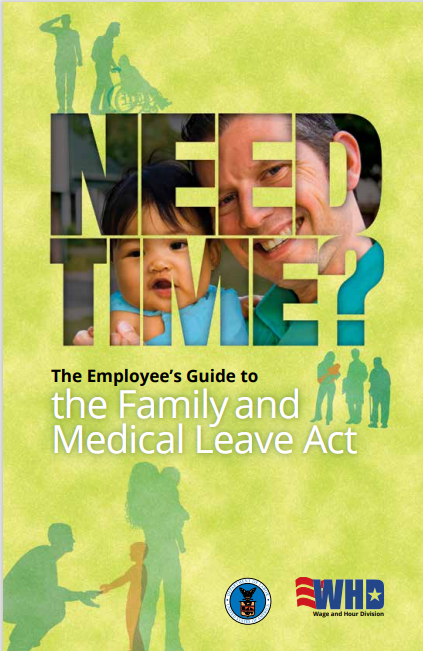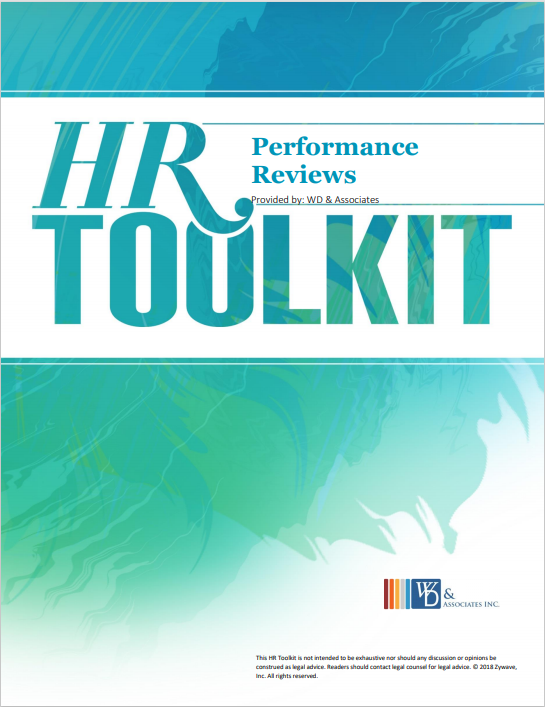Employee Benefits Liability insurance provides coverage to protect an employer from errors or omissions in the employer’s administration of its employee benefit program.
Consider this example, a new employee requests to receive medical insurance through the employer and the HR manager failed to add the new employee to the plan. A few months later the employee needs to be hospitalized, only to find his/her claims denied. The reason for the denial -- the employee does not have coverage and it is because of an administrative error.

EBLI covers this type of event typically by paying for the benefits that would have been payable under the health insurance plan but for the employer’s error. Another example when you might need this coverage is in the event of a failure advise employees on the benefit program.
In another example, EBLI could protect employers from some ACA-related claims. Consider a situation in which independent contractors at your company bring forth a lawsuit arguing they have been wrongfully misclassified as independent contractors. They argue that they should instead be considered full-time employees, and, therefore, eligible for health insurance under the Affordable Care Act. An EBLI policy could shield your business in such a case, assuming the misclassification was not done intentionally.
Coverage applies to a wide range of employee benefits including health, life and disability insurance, retirement plans, and other benefits offered through plans administered by the employer.
These exposures are not covered under your general liability policy but can be added by endorsement to the policy or may also be provided by a fiduciary liability policy.
Do you know if your policy is endorsed to cover the liability?












Leave a comment